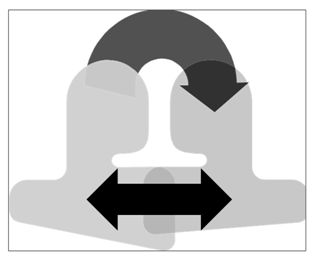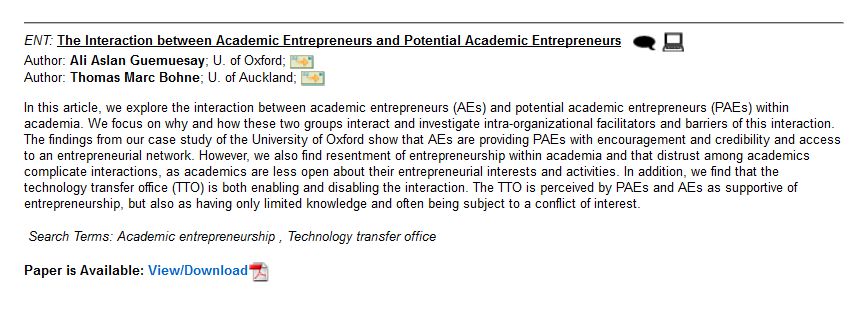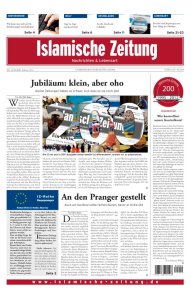
Presented a paper co-authored with Thomas Bohné at this year’s Academy of Management Conference in Boston.
// The Interaction between Academic Entrepreneurs & Potential Academic Entrepreneurs
“In this article, we explore the interaction between academic entrepreneurs (AEs) and potential academic entrepreneurs (PAEs) within academia. We focus on why and how these two groups interact and investigate intra-organizational facilitators and barriers of this interaction. The findings from our case study of the University of Oxford show that AEs are providing PAEs with encouragement and credibility and access to an entrepreneurial network. However, we also find resentment of entrepreneurship within academia and that distrust among academics complicate interactions, as academics are less open about their entrepreneurial interests and activities. In addition, we find that the technology transfer office (TTO) is both enabling and disabling the interaction. The TTO is perceived by PAEs and AEs as supportive of entrepreneurship, but also as having only limited knowledge and often being subject to a conflict of interest.”

 Zahnräder transforms individual energy into collective movement. Together, the Zahnräder – wheels or gears – create change in and for society. The
Zahnräder transforms individual energy into collective movement. Together, the Zahnräder – wheels or gears – create change in and for society. The 

 // Nachhaltiger Wandel
// Nachhaltiger Wandel





